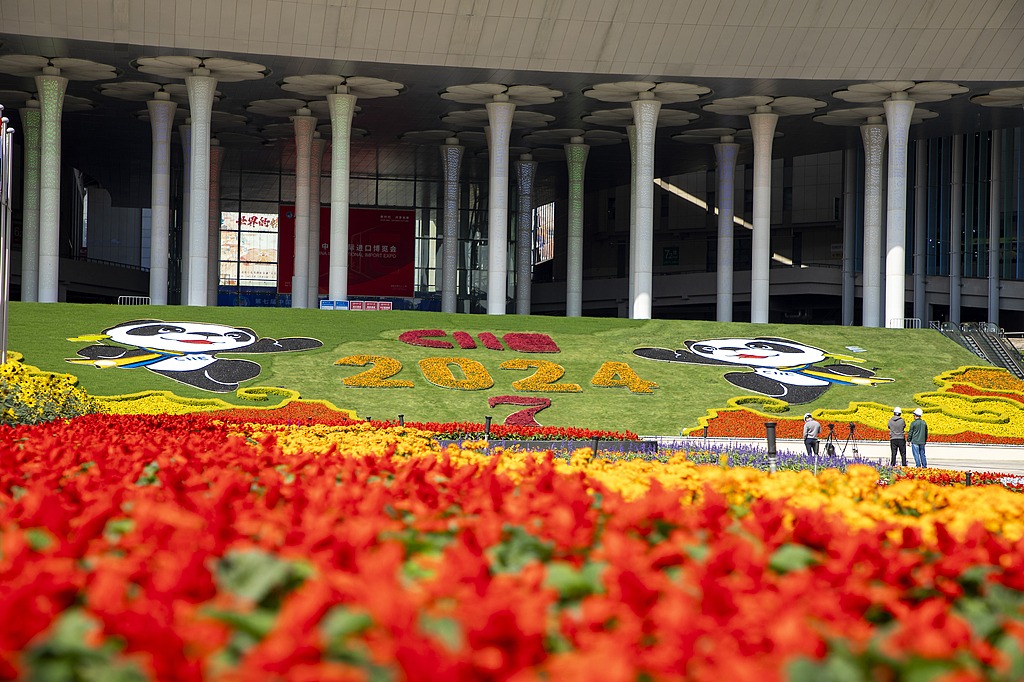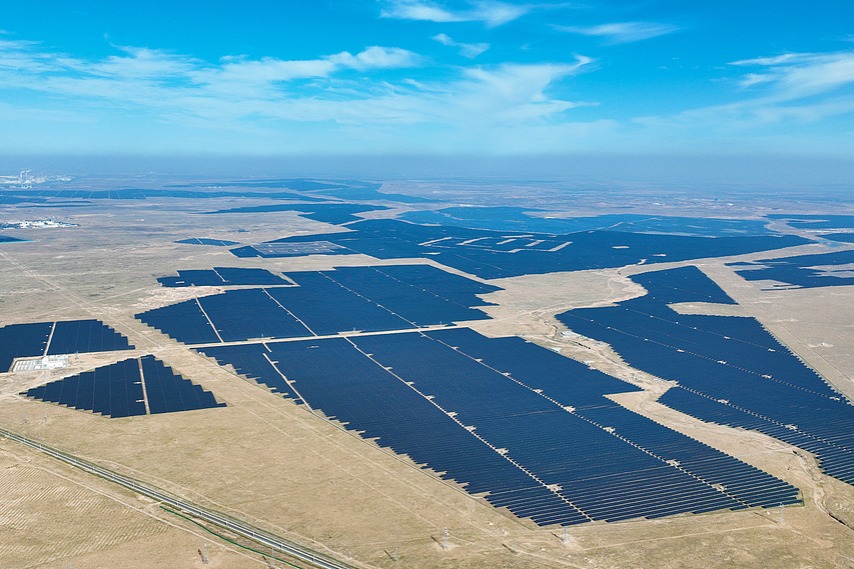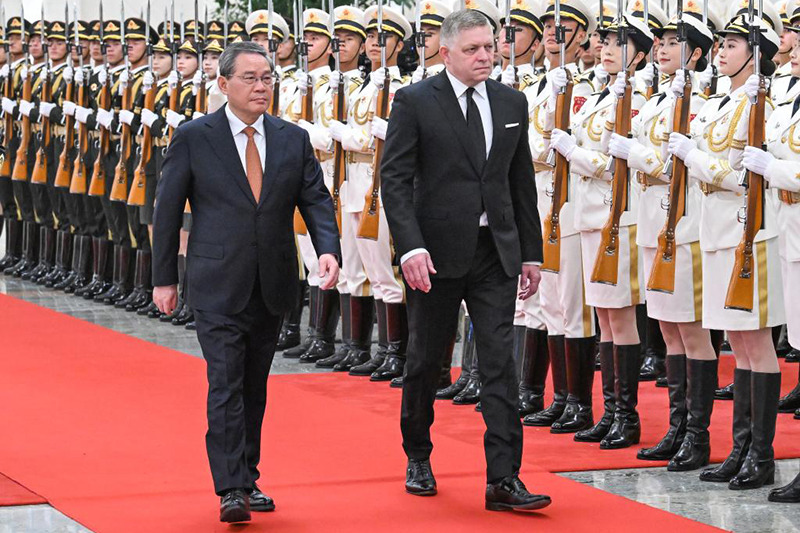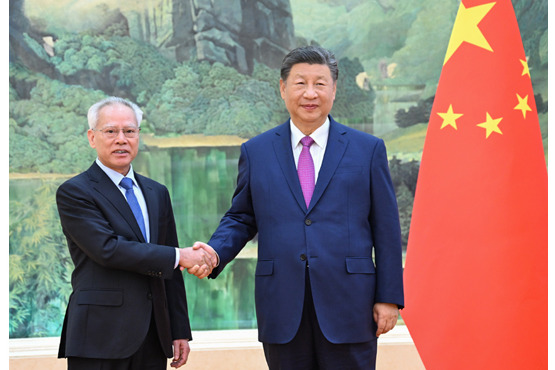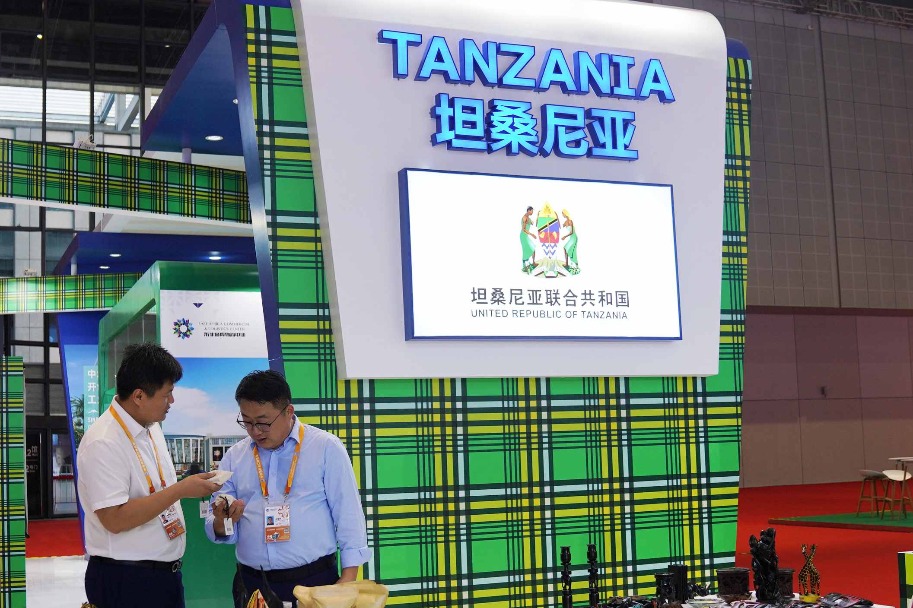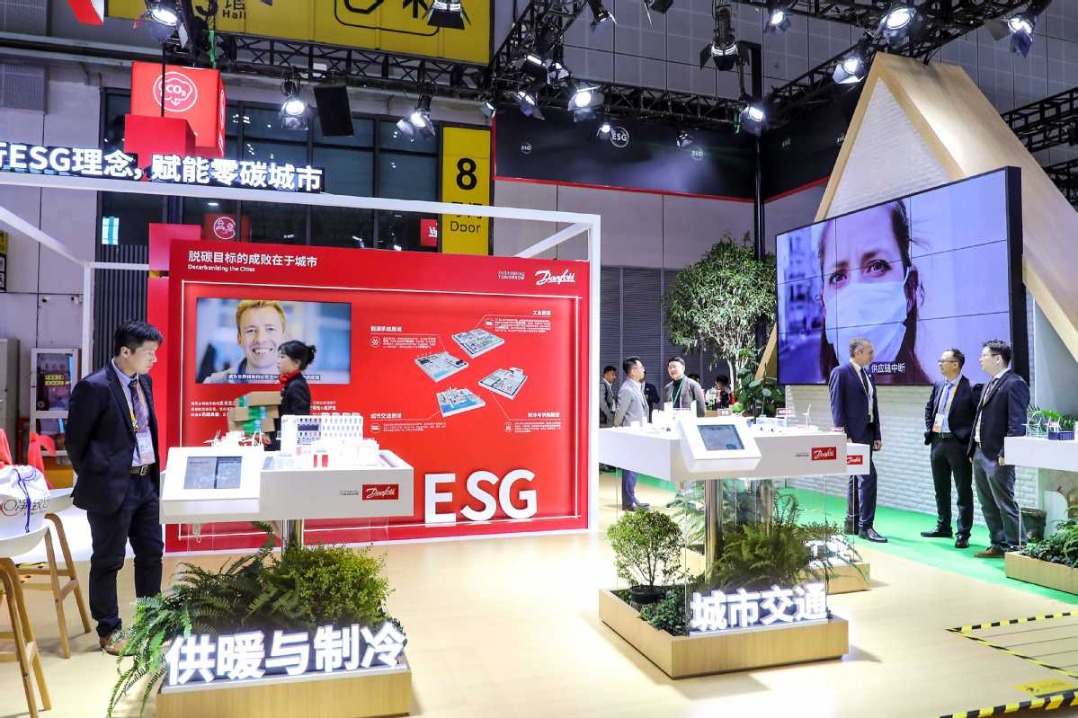GMT for Kids invests more in Chinese market's potential

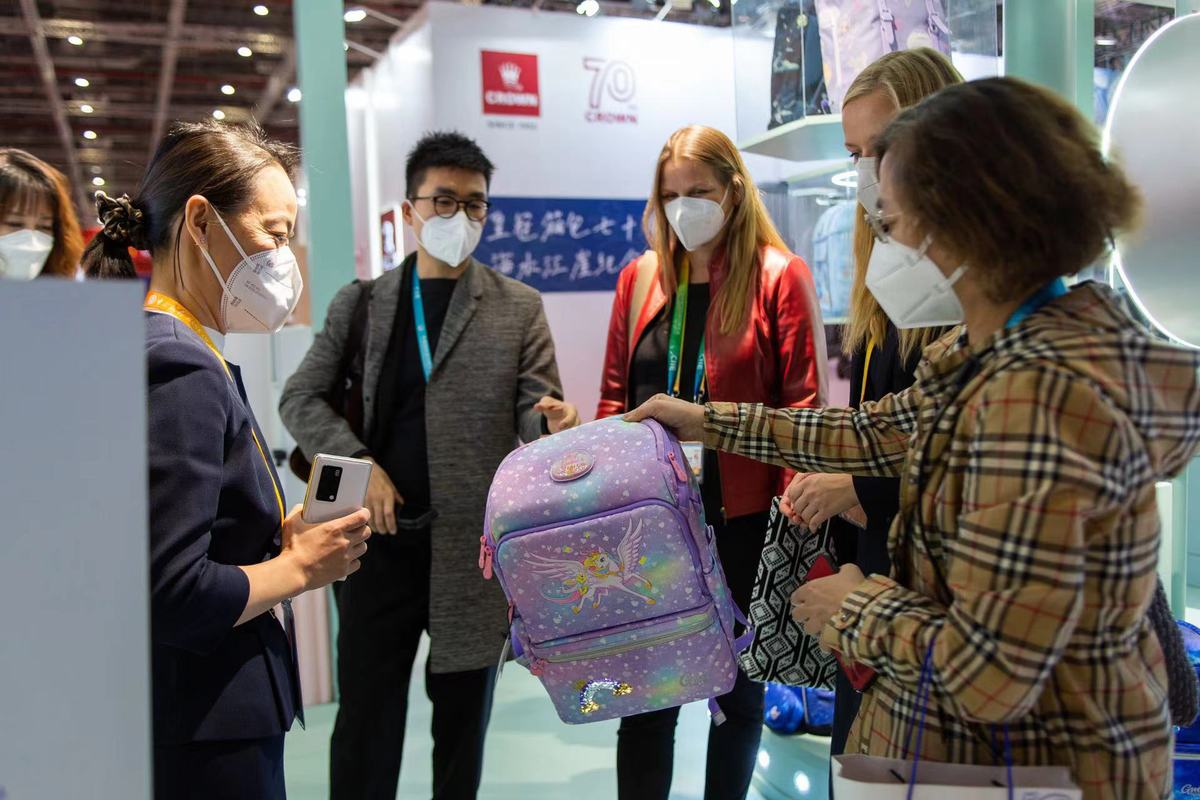
GMT for Kids, a Norwegian bag manufacturer and a four-time participant at the China International Import Expo, will deploy more resources in China's top and second-tier cities to enlarge sales and benefit from China's consumption upgrading, said its top executive.
Focusing on designing and manufacturing pupils' bags, the company currently runs more than 1,000 stores and sales points across China.
Roy Kjoestvedt, the group's CEO, said the company will continue to shore up store sales in large cities such as Beijing; Shanghai; Chengdu, Sichuan province and Nanjing, Jiangsu province, and apply more digital solutions to further enrich the consumers' shopping experience.
Kjoestvedt said that growing sales via e-commerce channels is also the company's priority in China, as digital connectivity has already created truly global consumers in the country. They have the power at their fingertips, literally, to order almost anything from anywhere in the world.
As the CIIE has already become a bridge and platform for multinational companies to develop their business in China and for Chinese companies to go global, GMT for Kids is showcasing its latest bag product with 780g light weight and comfort function at the fifth CIIE, which is being held in Shanghai until Thursday.
China has been a major driver of global economic growth, and in particular during the recovery from COVID-19, companies around the world have sought opportunities to sell to Chinese consumers. China's outlook remains incredibly strong and GMT for Kid, like companies around the world, is committed to building connections with Chinese consumers and partners, he noted.
As of 2020, China had 253 million children aged below 14 years old, data from the 2021 national census show, and the third-child policy that was announced in March 2021 is expected to help encourage more newborns and the growth of the toy, bag and milk powder industries, industry experts observed.
"China's new groups of consumers include young people who were born in the 1990s. Some of them have already become parents who wish their children can be more trendy, so they are willing to spend money on purchasing high-end bags," said Guo Xin, a marketing professor at Beijing Technology and Business University.


















